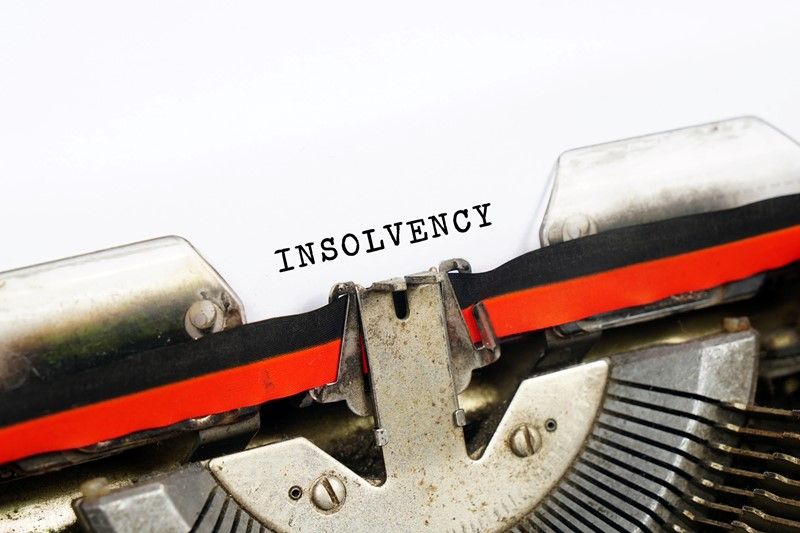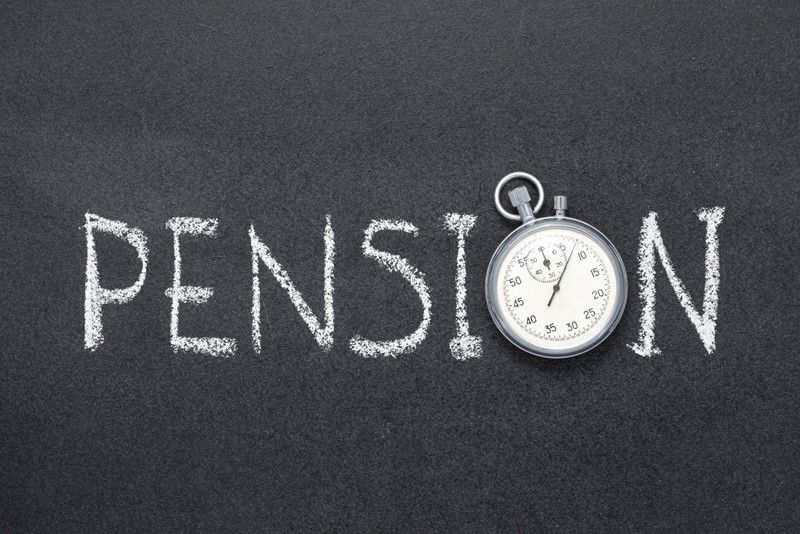Applying for Home Responsibilities Protection
Did you know a missing Home Responsibilities Protection (HRP) record could reduce your State Pension, but you may still have time to put it right.
Home Responsibilities Protection (HRP) was a scheme designed to help individuals, mainly those with caring responsibilities, to build entitlement to the basic State Pension by reducing the number of qualifying years required. HRP applied between 6 April 1978 and 5 April 2010, after which it was replaced by National Insurance (NI) credits.
Although most eligible individuals received HRP automatically during that period, some cases were missed. It’s still possible to apply for HRP retrospectively if it’s missing from your NI record. This is particularly relevant for women at or near State Pension age, especially those who took extended time off work to raise children. A missing HRP record could affect your State Pension entitlement, although not always.
Those affected should check their NI records for gaps and could potentially increase their State Pension at no cost. If a claim is successful, HMRC will update the NI record, and the DWP will recalculate the State Pension amount. This could lead to an increase in the State pension, though in some cases, it may remain unchanged.
Currently, HRP applications are taking over 3 months to process. For the most recent processing times and to check the status of an existing claim you can visit the official HMRC guidance page at www.gov.uk/guidance/check-when-you-can-expect-a-reply-from-hmrc




